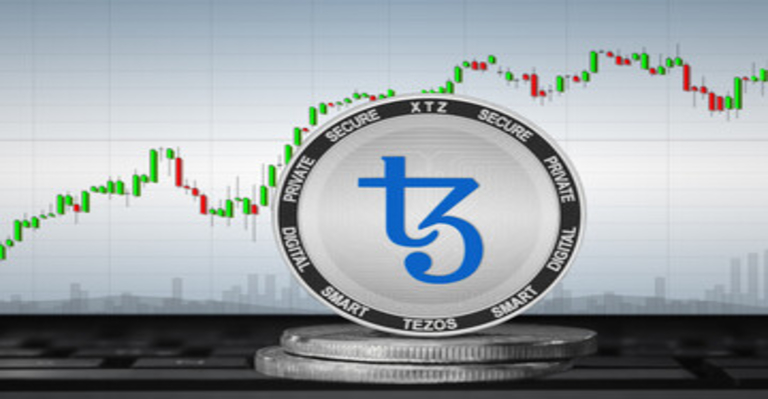A dubious claim charging the crypto venture Tezos led an unlawful protections deal in 2017 has been settled with the court deciding for the financial specialists and the task’s authors consenting to pay harms, as indicated by a court recording a week ago.
Tezos and its authors, Arthur and Kathleen Breitman, will pay an aggregate of $25 million to speculators, according to the court request. It was first proposed in March this year however settled just a week ag
Harms will be circulated to offended parties, legal advisors, and token holders who made a misfortune.
In spite of the settlement, there is no decision on whether XTZ is a security.
A dubious claim asserting the crypto venture Tezos led an illicit protections deal in 2017 has been settled with the court deciding for the speculators and the undertaking’s authors consenting to pay harms, as per a court recording a week ago.
Tezos and its authors, Arthur and Kathleen Breitman, will pay an aggregate of $25 million to speculators, according to the court request. It was first proposed in March this year however settled just a week ago.
The main 5 crypto news and highlights in your inbox every day.
Get Daily Digest for the best of Decrypt. News, unique highlights and then some.
Lead offended party Trigon Trading and other key figures will get a little forthright settlement of $5,000 to $7,500 each while the offended party’s legal counselors will get over $8 million in lawful charges.
The remaining $16.5 million will be conveyed to Tezos financial specialists who took an interest in the symbolic deal and made a misfortune. No settlement will be given to any holders who benefitted off the deal in the months after.
Tezos brought over $232 million up in a symbolic deal in July 2017, drawing financial specialists with its administration token, XTZ, and a stage that upheld the making of decentralized applications, like Ethereum. It was the biggest starting coin offering at that point, before other introductory coin contributions from record stockpiling system Filecoin and informing application Telegram overshadowed the Tezos deal.

Be that as it may, the productive deal irritated a few financial specialists, who contended the Tezos token was an unregistered security, and henceforth, couldn’t be offered to speculators in the US.
According to the nation’s Federal Securities Law, no organization could sell or issue “security” tokens—which get their incentive from a certifiable resource and are tradable—without enrollment in the Securities and Exchange Commission. Such tokens expected to qualify the Howey Test, which XTZ didn’t.
In 2017, as filings appeared, financial specialists claimed that the Tezos Foundation falsely and misleadingly promoted the offer of tokens as value speculations when they were “beneficent commitments” rather, permitting the litigants to stash “a huge number of dollars” for themselves. A three-year-long legal dispute for compensation followed.
In March this year, courts controlled Tezos must compensation over $25 million to financial specialists as harms, which the Tezos Foundation acknowledged at that point. Nonetheless, it included an announcement, “The Foundation continues to believe the lawsuits were meritless and continues to deny any wrongdoing.”
It further explained, “Lawsuits are expensive and time-consuming, and it was decided that the one-time financial cost of a settlement was preferable to the distractions and legal costs associated with continuing to fight in the courts.”

